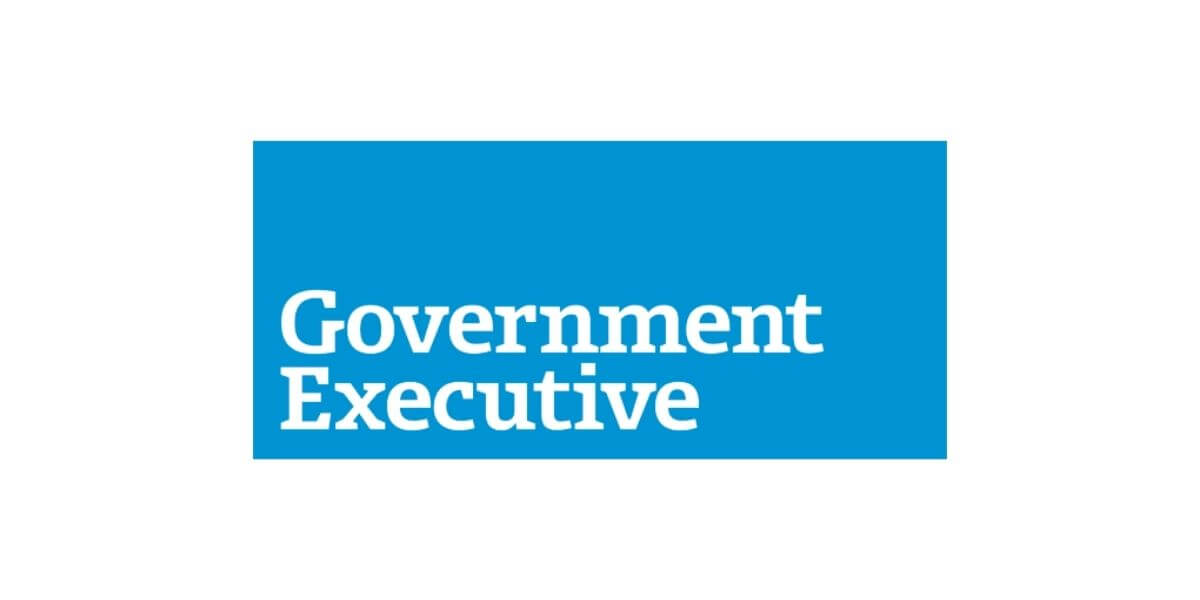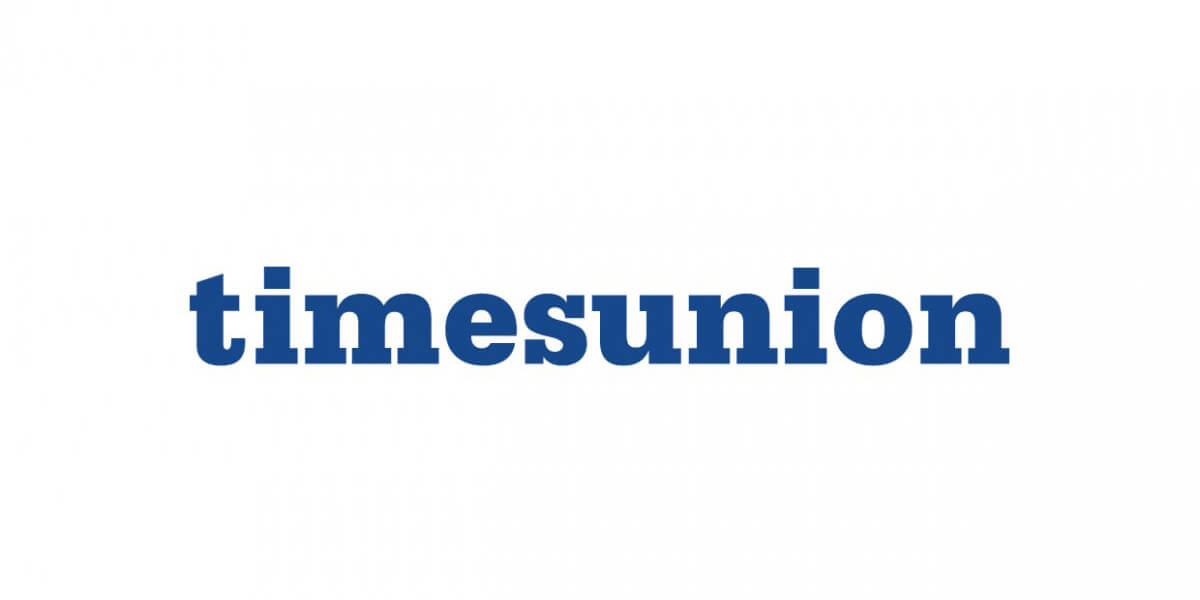New York bill seeks to mandate age verification for access to online pornography sites
ALBANY, NY (WRGB) — New York lawmakers have taken steps to protect children from the harmful effects of social media and the internet. Now two Capital Region lawmakers are…
Impact of High Court Ruling on Federal Workplace Cases Not Yet Clear
WASHINGTON, D.C. (FEDweek) — Both the short-term and long-term impacts on pending lawsuits against Trump administration actions involving the federal workplace are being…
Suspect of fatal Grafton shooting pleads not guilty
TROY, NY (WTEN) — The man accused of killing three family members at a home in Grafton was arraigned in Rensselaer County Court on Friday. The Rensselaer County District…
Witkoff calls for full Iran leak probe
WASHINGTON, D.C. (LiveNOW from Fox) — U.S. special Envoy to the Middle East, Steve Witkoff is calling for a full investigation into the Iran intel leak, that claimed that…
The Trump Administration Will Block Sharing Classified Intel with Lawmakers
WASHINGTON, D.C. (The National Interest) — The Trump administration could significantly limit the sharing of classified information with Congress, a move that Democratic…
New pay claims for active-duty federal employees possible after Supreme Court decision
WASHINGTON, D.C. (Government Executive) — A recent ruling by the Supreme Court could mean a new rash of pay claims for federal employees who may also serve as military…
Troy mayor says new city hall will be at historic former theater
TROY, NY (Albany Business Review) — The historic former Proctor’s Theatre in downtown Troy would be converted into the new city hall under a plan announced Tuesday by…
‘We’re doing it’: Troy Mayor Carmella Mantello announces future home for city hall, former Proctor’s theater
TROY, NY (WAMC) — The former Proctor’s Theater in Troy will soon be the new home of city hall. But not all city leaders like the plan. The controversial move was…
Proctor’s Theatre to become new home for Troy City Hall
TROY, NY (WNYT) — Proctor’s Theatre in Troy will be the new Troy City Hall, officials announced on Tuesday. The city has been searching for a permanent home for many…
Mayor: Troy City Hall to move into former Proctor’s Theater
TROY, NY (Times Union) — Troy’s political drama will soon play out in an actual theater. Mayor Carmella Mantello said Tuesday that she plans to move city hall operations…









